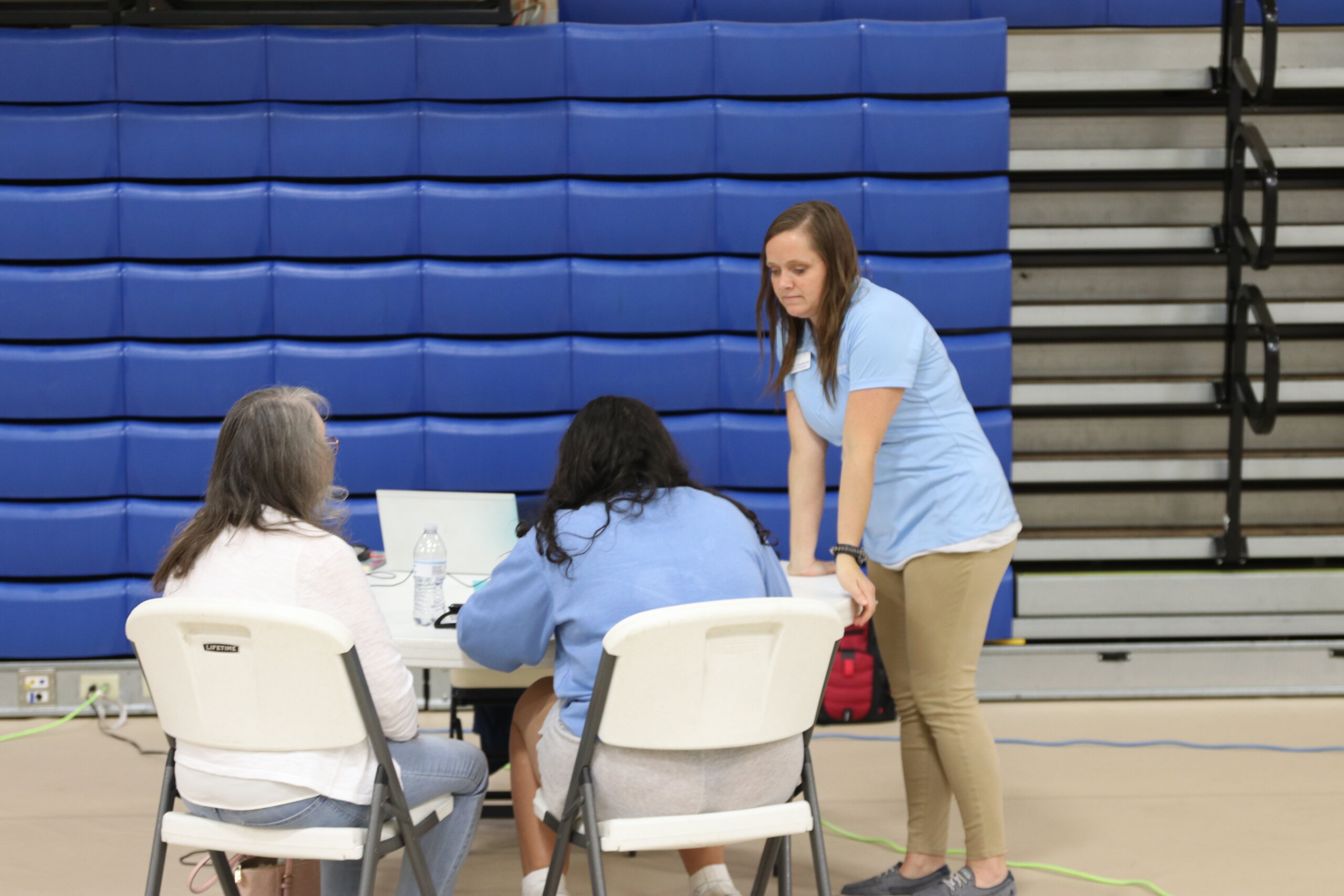
Frequently Asked Financial Aid Questions
Here are our answers to your frequently asked questions:
What records will I need to complete the FAFSA?
For a list of documents needed, including instructions on how to create a StudentAidgov Account, please visit studentaid.gov
What is the deadline for submitting my FAFSA?
2024-25 FAFSA
- Deadline – June 30, 2025
- Indiana deadline – If you’re an Indiana undergraduate student, to be considered for state grants, the FAFSA must be submitted by April 15, 2024.
2025-2026 FAFSA
- Deadline – June 30, 2026
- Indiana deadline – If you’re an Indiana undergraduate student, to be considered for state grants, the FAFSA must be submitted by April 15, 2025.
How can I get a scholarship from SMWC?
SMWC scholarships are awarded based on information from your admissions application and high school/college transcripts. A complete list of SMWC scholarships can be found on our website.
I have a current student loan from another college; will I be able to defer (stop making payments) when I enroll at SMWC?
As long as a student is enrolled at least half-time, they can request a deferment for loans that are in repayment. Students should contact their loan servicer regarding deferment information.
I just received my Student Aid Report (results of the FAFSA), now what do I do?
Review your report for errors. You can make corrections to your report electronically on the FAFSA website or contact our office to assist you with the corrections.
What should I do if I am a Veteran?
You will need to contact the Department of Veteran Affairs and complete your paperwork with them. Additionally, let the Financial Aid Office know that you are a veteran so we can process your aid accordingly.
My financial aid awards were reduced. How can you reduce aid after you awarded it to me?
Your financial aid awards are always estimates and can change at any time. There are many factors that can cause an award to be reduced or replaced, such as changes to your enrollment, FAFSA, additional outside scholarship offers, etc.
Federal and state regulations stipulate the dollar amount of certain types of aid a student can receive. When additional awards are added, or a student’s enrollment status varies, this could result in an over-award and require the need to return those funds. In addition, a student who withdraws or does not successfully complete a semester/module could have aid return. This could result in the student owing the school those funds.
How do I receive a loan?
To help reduce unnecessary borrowing, students are packaged for loan amounts to cover their estimated direct educational expenses. The amount of the loan offered will depend on the student’s eligibility for the loan. The student has full control over the amount(s) borrowed and the type of loan they choose to utilize.
Students can request loan amounts to be reduced/increased per their eligibility. Students must accept the loan and complete the required processes before any loan is disbursed. In addition, no student is required to participate in the loan program. For more information on student loans, please visit studentaid.gov
How are the funds from the loan disbursed to me?
Once the loan is processed, the funds are electronically sent to the school and disbursed to your student account. The disbursements dates are determined each year per your program. The loan proceeds are applied towards the charges on your student account. If the loan proceeds result in a credit balance, those funds are sent to the student via check. If the credit is the result of the parent PLUS loan proceeds, the credit balance will be sent to the parent.
My parents were denied a PLUS loan. What do I do?
Should your parents be denied a PLUS loan, the Office of Financial Aid can award you additional Unsubsidized loan funds. The amount will vary depending on your grade level and need.
I need to drop (withdrawal) from a class what should I do?
The Registrar’s Office is the designated primary contact point to drop a class. You will need to contact the Financial Aid Office before you drop a class to discuss the ramifications regarding your aid eligibility. You will also need to contact the FA office if you receive Veterans benefits when you drop or add a class(s). Dropping a class could result in the student owing funds to the school.
I need to withdrawal from all my classes, what should I do?
The Registrar’s Office is the designated primary contact point to withdraw from classes. Students who withdraw (officially or unofficially) from all of their classes before 60 percent of a semester is completed, may be required to repay some or all of the financial aid. The Federal Return of Title IV formula determines the type and amount of financial aid the student earned and/or the amount and type of financial aid to refund to the various financial aid programs.
I never withdrew, but I stopped attending or submitting assignments, why did you return funds?
The financial aid office will review grade reports every module and/or semester for students receiving federal financial aid to ensure students are making progress toward their degree. Students who receive all incomplete or failing grades or withdrawals from all courses will require a recalculation of their federal aid.
The recalculation will require the date of the official withdrawal from courses or the date of the last academically related event. If the student did not participate in at least one course beyond the 60% point of the term, federal financial aid funds must be returned. This could result in the student owing SMWC a balance.